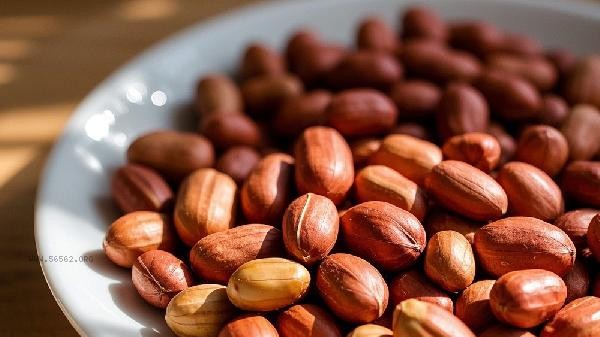Peanuts can be frozen and stored in a low-temperature environment, which can effectively extend their shelf life and inhibit the production of aflatoxins. When freezing peanuts, the temperature should be maintained below minus 18 degrees Celsius. Dry sealing is the core requirement. It is recommended to use food grade fresh-keeping bags or vacuum packaging, and pack them into single use quantities to avoid repeated thawing. Peanut can be stored for 8-12 months in frozen state, and its taste will be slightly toughened after thawing, which is more suitable for cooking Congee or beating soybean milk. Attention should be paid to ensuring that the peanuts have been fully dried before freezing, as high moisture content can easily cause ice crystals to damage the cell structure. If the storage environment humidity exceeds the standard or the packaging leaks, frozen peanuts may still undergo oxidation and rancidity. Discard immediately when there is a strong smell, mold, or darkening color. Short term storage can choose refrigeration, but there is still a risk of mold growth beyond two months. For peanuts that have already sprouted or have damaged skin, freezing cannot eliminate the existing fungal toxins, and it is not recommended to continue consuming them.

Daily storage of peanuts should be kept away from light and moisture, and should be consumed as soon as possible after opening. It is recommended to choose fresh products of the current season when purchasing, as small quantities and multiple times are more conducive to maintaining the flavor. Special populations such as infants, young children, and those with allergies need to confirm that there is no spoilage before consumption. Thoroughly heating during processing can further reduce the risk. If long-term storage is required, consider roasting and dehydrating before freezing to better preserve the oil aroma.











Comments (0)
Leave a Comment
No comments yet
Be the first to share your thoughts!